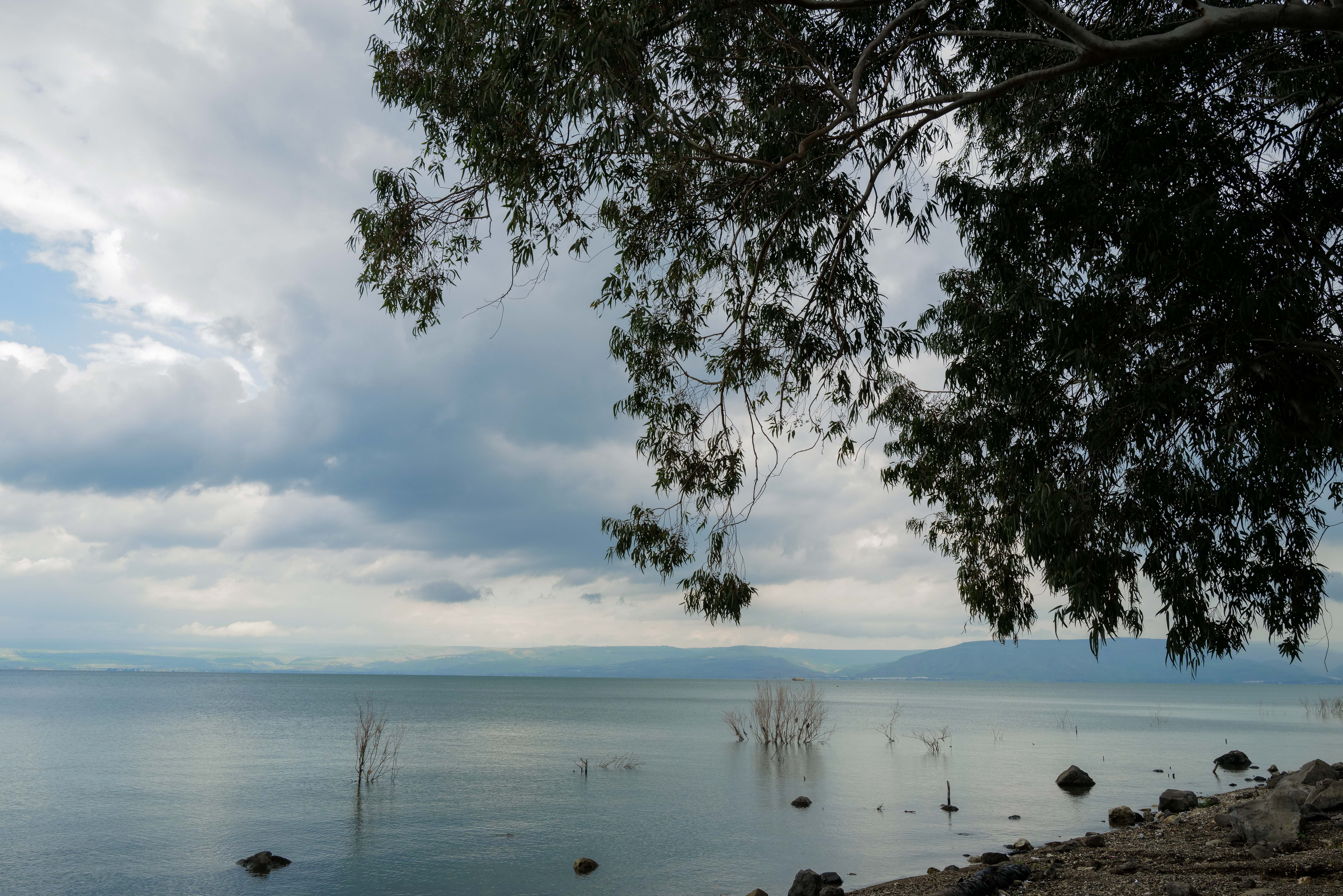Wednesday, March 22, is International Water Day according to the United Nations, but for Jews living in the Holy Land, every day can be water day.
The UN declared International Water Day as the day intended to raise awareness for the 2.2 billion people living without access to safe water. The website claims the following crises:
- 1.4 million people die annually and 74 million will have their lives shortened by diseases related to poor water, sanitation and hygiene. (WHO 2022)
- Today, 1 in 4 people – 2 billion people worldwide – lack safe drinking water. (WHO/UNICEF 2021)
- Almost half of the global population – 3.6 billion people – lack safe sanitation. (WHO/UNICEF 2021)
- Globally, 44 per cent of household wastewater is not safely treated. (UN-Water 2021)
- Global water demand (in water withdrawals) is projected to increase by 55 per cent by 2050. (OECD 2012)
For Jews, the day can take on a spiritual tone as water plays a central role in the Bible and Judaism. The Torah begins with the creation of the world that started with God sweeping over the waters (Gen. 1:2).
Water was so significant in ancient Israel that wells played a significant role that transcended merely supplying water. Abraham’s well was seized by Abimelech’s men (Genesis 21:25), eventually becoming the setting for reconciliation and swearing an oath.
Rivkah showed herself to be a matriarch by her actions at the well (Gen. 24:16) and Isaac’s servants also dug a well at Beersheba (Gen. 26:25).
Water also played a major role in the Redemption of the Jews from Egypt. The first sign of God’s might that was intended to intimidate Pharaoh was in making the Nile, considered divine by the Egyptians, bleed. And the exclamation point that marked the definitive end of the exile and enslavement of the Hebrews was the splitting of the sea that conquered the Egyptian army and acted as a one-way portal to freedom. God provided the Jews with mana in the desert but their liquid needs were fulfilled by Miriam’s miraculous well that followed them throughout the 40 years of desert wandering.
God promised to the children of Israel, when coming out of Egypt, the possession of cisterns dug by others as a special mark of favor (Deuteronomy 6:11)
While most people think that all water is the same, composed of two atoms of hydrogen ganging up on a single atom of oxygen, the Torah notes that a pool of 40 seahs of water from a natural source is sufficient to wash away ritual impurity and can even help wash away the disease of leprosy, referred to in the Bible as tzaraat. Such water mixed with a minuscule amount of ashes from a red heifer can even wash away the impurity imparted by death.
While water is the archetypal liquid, its resilience is used as an allegory for the power of Torah learning. The Talmud tells of Rabbi Akiva at forty years old, despairing that he will ever learn. One day, he noticed that a stone sitting beneath dripping water had a deep groove in it. Rabbi Akiva suddenly realized that if drops of water could have such an effect on the stone, drops of Torah would certainly affect him.
Isaiah also compared Torah learning to water, writing, “Ho, all who are thirsty, Come for water, Even if you have no money; Come, buy food and eat: Buy food without money, Wine and milk without cost.” (Isaiah 55:1)
When God chose the land of Israel for His people, he did not choose based on a sympathetic climate. Rainfall is concentrated in the winter months and generally limited to an average of 23 inches per annum. While it is quite abundant from December to February, dry weather is all but guaranteed for the rest of the year. Rain in Israel cannot be taken for granted and is a reflection of the relationship between the Jews and God.
If, then, you obey the commandments that I enjoin upon you this day, loving Hashem your God and serving Him with all your heart and soul, I will grant the rain for your land in season, the early rain and the late. Deuteronomy 11:13
As the land of Israel is central to Judaism, Jewish prayer reflects this by making the prayers reflect the passage of the seasons in Israel. But the rains in Israel are not entirely set in their seasons and, according to the Bible, are affected by the actions of the Jews.
If you follow My laws and faithfully observe My commandments, I will grant your rains in their season, so that the earth shall yield its produce and the trees of the field their fruit. Leviticus 26:4
In the final redemption of the Messianic age, Jewish texts eagerly anticipate that water will flow unceasingly in Israel, the deserts will be well-watered, and Israel will contain a river as constant as the Nile. Water will flow from the Temple Mount in Jerusalem, revitalizing the Dead Sea, turning it into a freshwater paradise.
The arid climate has turned Israelis into water tech wizards, using modern methods to bring about the prophetic blooming of the desert through methods like drip irrigation, desalination, and recycling gray water for agriculture. Located in one of the aridest regions of the globe, Israel now produces 20% more water than it needs for domestic use.




